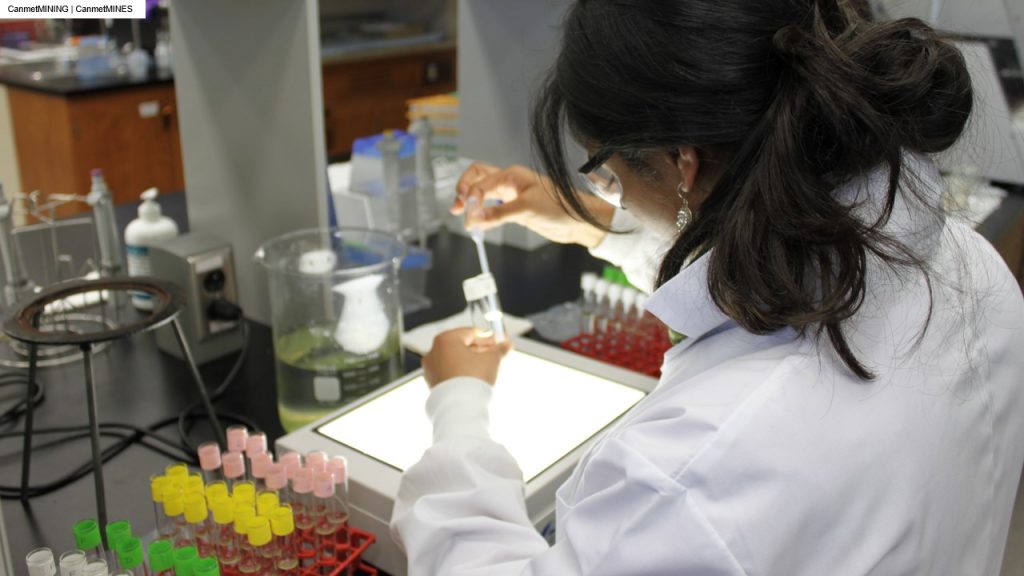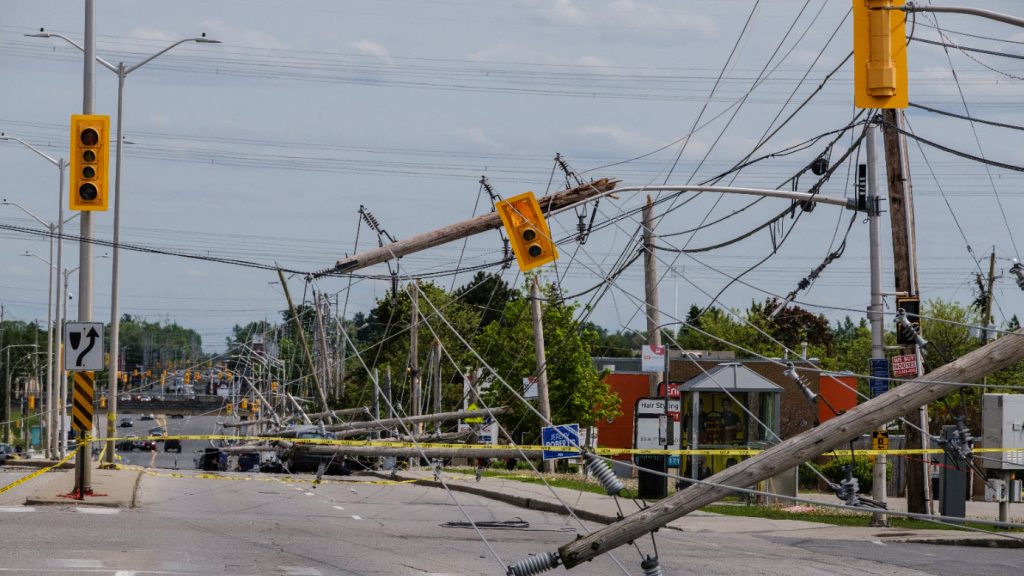Why some experts argue against referring to Omicron as ‘mild’
Posted Jan 10, 2022 04:32:00 PM.
With hundreds of people in intensive care units across Canada, some medical experts say people need to stop calling Omicron a mild variant of COVID-19.
The spike in hospitalizations and ICU admissions has some experts saying that’s clearly not the case.
“It’s quite worrisome because the rate of increase doesn’t show any sign of slowing down, especially the ICU occupancy. The vast majority are unvaccinated or frail elderly people who are vaccinated,” Dr. Kashif Pirzada, a Toronto emergency physician, told CityNews.
In Ontario, 412 people were in the province’s ICUs as of Sunday. This is the first time ICU COVID-19 cases have surpassed 400 in Ontario since June 14, 2021.
Of those in ICU, 123 of them were unvaccinated, while 137 were fully vaccinated. Eighteen were partially vaccinated. Remaining vaccine statuses were unknown.
“Even though a lot of seniors are fully vaccinated, a lot of people [inaudible] are fully vaccinated, they still need support in the hospital for a few days, just IV fluids, or oxygen, or antibiotics, so that’s what’s really pushing the numbers there,” added Pirzada.
Paliative care physician Dr. Naheed Dosani also questioned the use of the term “mild” to describe the Omicron variant.
“Can someone please explain to me what exactly is ‘mild’ about Omicron?” he wrote in a tweet Sunday. “Are the record high hospitalizations mild? The ICU admissions? The delayed surgeries? The outbreaks in shelters & LTC? We must stop the ‘Omicron is mild’ narrative. It isn’t helpful!”
Can someone please explain to me what exactly is “mild” about Omicron? Are the record high hospitalizations mild? The ICU admissions? The delayed surgeries? The outbreaks in shelters & LTC? We must stop the “Omicron is mild” narrative. It isn't helpful!
— Naheed Dosani (@NaheedD) January 9, 2022
Prizada agrees.
“I think there may have been a lot of optimistic thinking. I think we were misled by the narrative that this was mild. It’s mild only for the healthy and vaccinated. We have an older population, we have a large unvaccinated population. It was never going to be mild for them and it definitely isn’t now. Even if a small percentage need admission to hospital, a small percentage of a massive number is going to be overwhelming for our system,” he said.
The World Health Organization has also warned against describing Omicron as a mild variant, noting rapid growth in new infections and additional deaths.
“While Omicron does appear to be less severe compared to Delta, especially in those vaccinated, it does not mean it should be categorized as ‘mild,'” said Dr. Tedros Adhanom Ghebreyesus, director general of the WHO.
He notes hospitals around the world were becoming overcrowded and understaffed, “which further results in preventable deaths from not only COVID-19 but other diseases and injuries.
“While Omicron does appear to be less severe compared to Delta, especially in those vaccinated, it does not mean it should be categorized as ‘mild’.
Just like previous [#COVID19] variants; Omicron is hospitalizing people and it is killing people.” says @DrTedros. pic.twitter.com/7QZxMSvZ6q— World Health Organization (WHO) (@WHO) January 6, 2022
Prizada notes there is a lot of frustration among health-care workers, given many of the worst-case scenarios are among unvaccinated people.
“And this is completely preventable, and it’s starting to saturate all available resources. A lot of routine care, cancer care has been stopped because we don’t have room to take care of them because of a massive wave of sick, unvaccinated people.”
Prizada says while the current situation is different than what was happening in the last wave, he fears things could get back to that point if the trend doesn’t slow.
He hopes the worst of it all will be over in the next two to three weeks but admits it’s difficult to guarantee that without accurate COVID-19 case numbers.
Earlier in January, B.C. Internal Medicine specialist Dr. Kevin Mcleod took to Twitter to urge people to look at the Omicron situation with context, saying things appear to be vastly different now than with previous waves.
“This is not the same as previous waves. Patients are recovering quickly especially if vaccinated. Don’t look at hospitalizations out of context. It’s more nuanced than reported numbers,” he wrote.
Ontario is among the provinces that has been forced to postpone “non-urgent” procedures due to the rapid rise in cases and hospitalizations.
As more and more people fill hospital beds in areas across Canada, the head of the Canadian Medical Association has said it’s time our country have a direct and honest conversation about how we treat unvaccinated COVID-19 patients.
“As a society, we have made a decision to allocate resources disproportionately to this group of Canadians at the expense of other Canadians, including children who are now not able to attend school. And I think we’re sort of acting like it’s not a choice, but it is a choice,” CMA President Dr. Katherine Smart told the Big Story Podcast.








